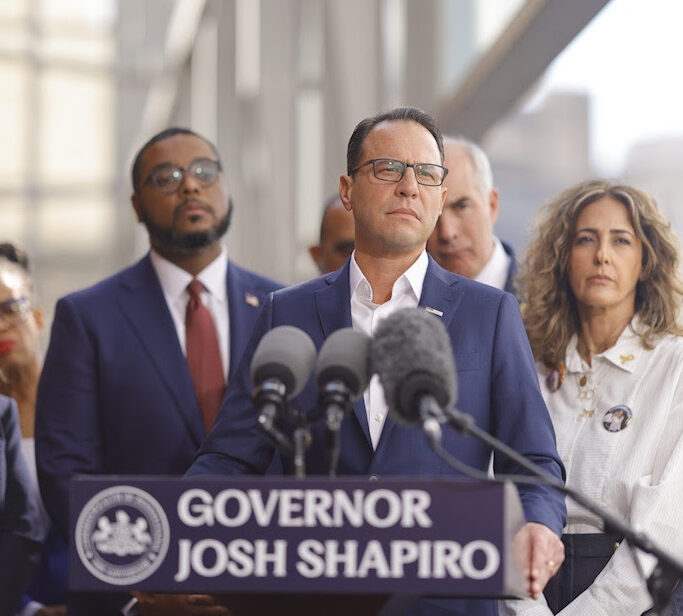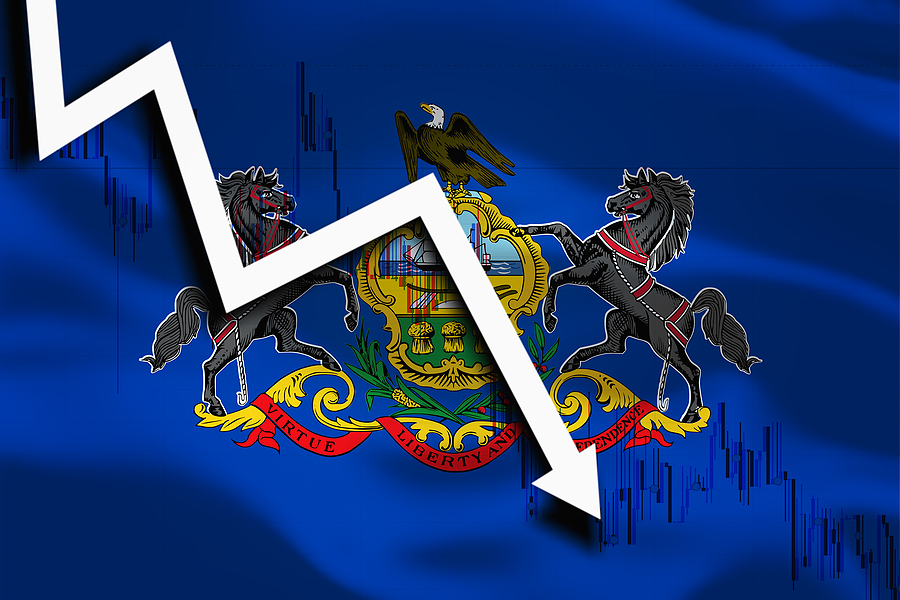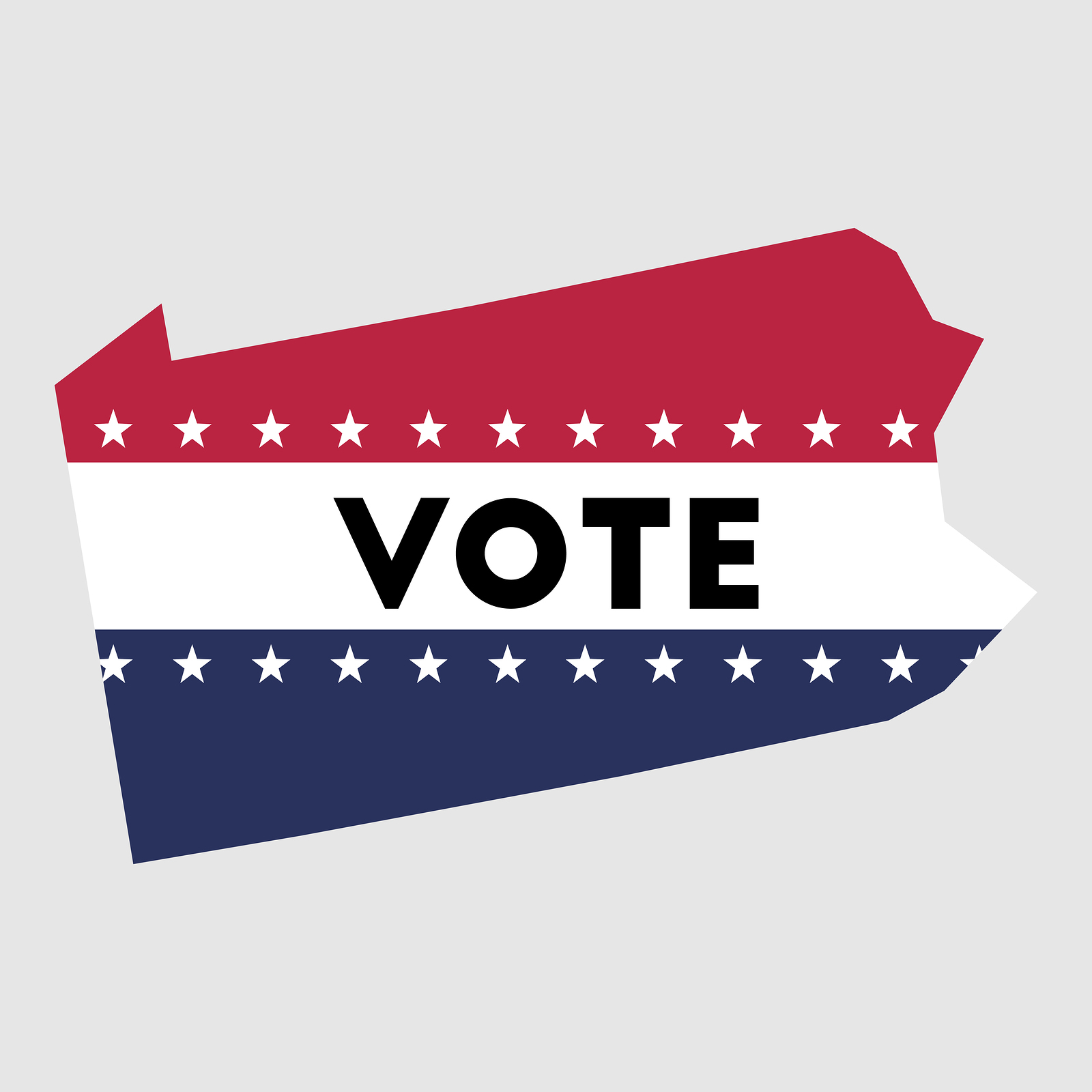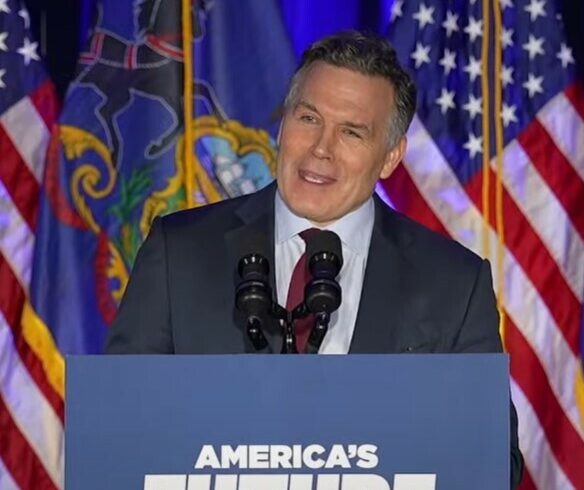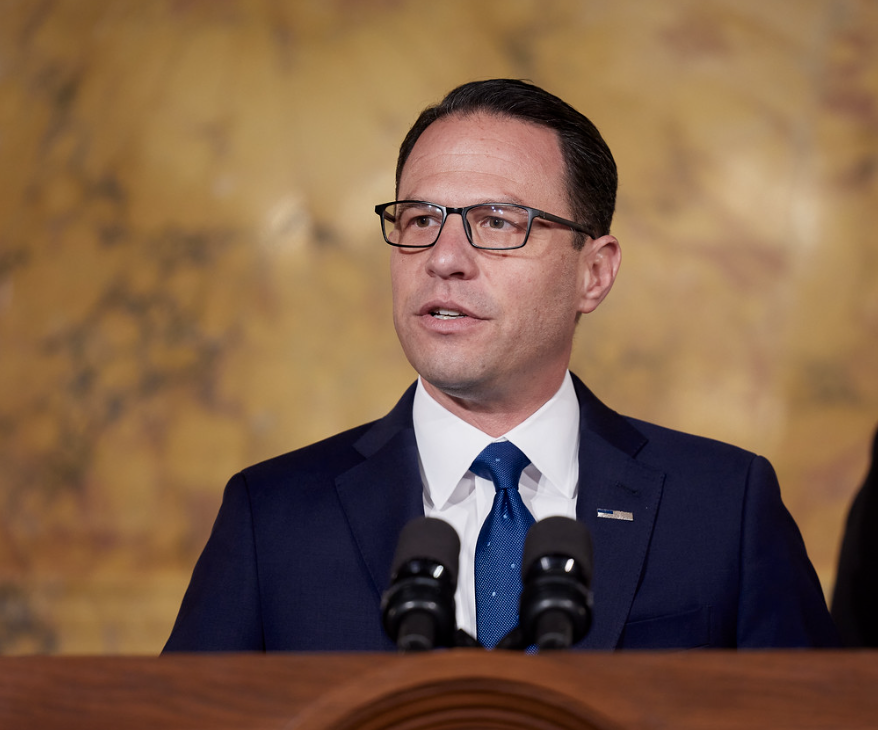Gov. Josh Shapiro may be a darling of the national press and on the 2028 presidential short list, but if the Pennsylvania Democrat’s numbers don’t pick up at home, he may be looking for a job next year. The new Commonwealth Foundation poll found 62 percent of voters think the state is on the wrong […]

